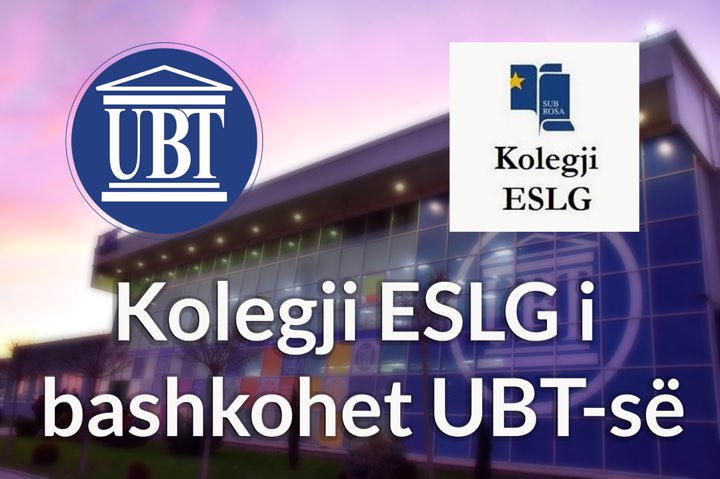Academic integrity
Academic Integrity Policy, Articles 2.2 and 3.1-3.2
2.2. Students
Students are responsible to demonstrate ethical behavior in their academic work. Responsibilities of students include:
• Follow academic integrity in all the spheres of academic life;
• Follow the rules and guidelines of academic staff with regards to standards of performance pointed out by professors during the introduction of course syllabus;
• Students treat each other with respect and foster the environment of honesty, ethical behavior, and mutual respect
3. Violations of academic integrity
The general range of various conducts that constitute violations of academic integrity are presented below:
3.1. Plagiarism
Plagiarism is a theft of intellectual property. Plagiarism is the failure of professors and students to reference the work of others and acknowledge the ideas and words of others. Plagiarism violations include but are not limited to the following:
• Quotations without proper citation;
• Reformulating without proper citation;
• Insufficient acknowledgment of sources;
• Using the structure and organization of thoughts based on other authors without properly citing their work.
3.2. Cheating
Cheating violations include but are not limited to the following:
• Sharing of exam questions and answers with other students;
• Using unauthorized materials as an aide during close book exams;
• Using another person to take an exam in both In Class Examinations and in Take Home Examinations;
• Presenting work done by others as one’s own especially in course project assignments;
• Collaborating with others in take home assignments in which the professor does not allow collaboration;
2.2. Students
Students are responsible to demonstrate ethical behavior in their academic work. Responsibilities of students include:
• Follow academic integrity in all the spheres of academic life;
• Follow the rules and guidelines of academic staff with regards to standards of performance pointed out by professors during the introduction of course syllabus;
• Students treat each other with respect and foster the environment of honesty, ethical behavior, and mutual respect
3. Violations of academic integrity
The general range of various conducts that constitute violations of academic integrity are presented below:
3.1. Plagiarism
Plagiarism is a theft of intellectual property. Plagiarism is the failure of professors and students to reference the work of others and acknowledge the ideas and words of others. Plagiarism violations include but are not limited to the following:
• Quotations without proper citation;
• Reformulating without proper citation;
• Insufficient acknowledgment of sources;
• Using the structure and organization of thoughts based on other authors without properly citing their work.
3.2. Cheating
Cheating violations include but are not limited to the following:
• Sharing of exam questions and answers with other students;
• Using unauthorized materials as an aide during close book exams;
• Using another person to take an exam in both In Class Examinations and in Take Home Examinations;
• Presenting work done by others as one’s own especially in course project assignments;
• Collaborating with others in take home assignments in which the professor does not allow collaboration;



